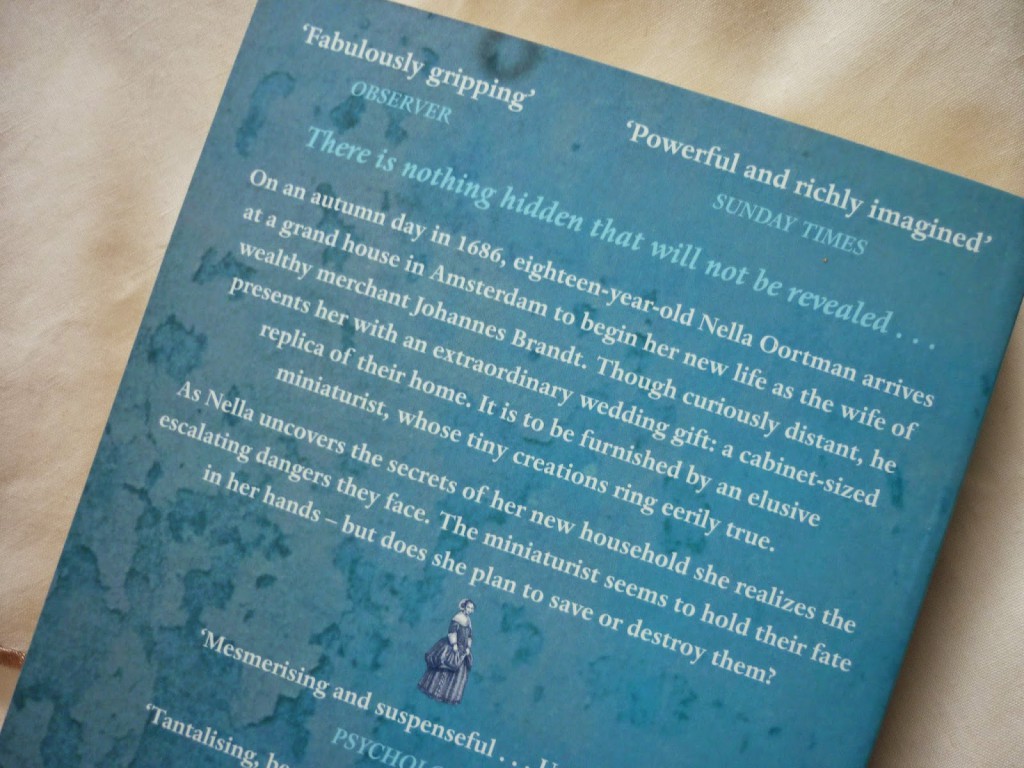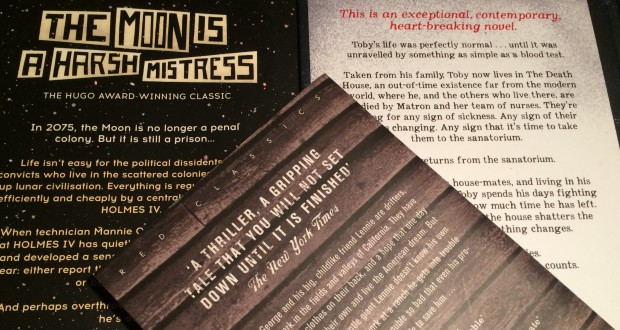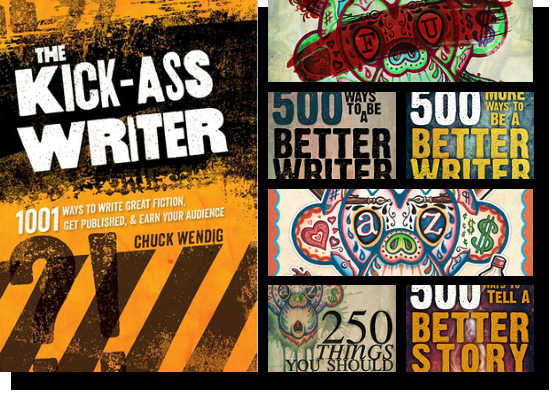An unfortunate aspect of writing is marketing. Writers are not generally at ease with selling their work. Instead, we tend to be more the shy, retiring type, someone who likes to hole up in our dark study with copious amounts of our chosen beverage (tea, coffee, whiskey). The thought of networking and pitching to agents, publishers, and editors makes our rectal iris clench so tight it may never relax again. But that’s why you have me!
Here’s all you need to know to write a great pitch for your novel and hook that elusive agent.
What’s a pitch?
These days, you will mostly have to pitch your work to an agent for them to take you on as a client. This is generally done via an electronic submission following the agency’s guidelines (generally a cover letter, synopsis, and first three chapters). Once an agent takes you on, they will pitch to the publisher/editor themselves. And given it’s what they do all day, they are much better at it than the average humble writer. Most agencies will tell you what kind of pitch they want to receive in a covering letter in their submission guidelines, so learn the differences. Most will ask for elevator-style, log line pitch: a snappy one-sentence (two maximum) description, before a longer paragraph featuring a plot highlights reel (and then a 1-2 page synopsis).
 Other agents will ask for a blurb like those that appear on the backs of published works. Blurbs should still be kept very short, 100-150 words. Remember that these will appear on the back of a relatively small paperback and will be skim read potentially in a busy bookstore or even at a glance on a smartphone screen as someone browses the book offers during the TV ad break. The blurb should give a feel for the plot without being spoilerific, have the reader already asking questions, conform to the genre that the book fits within, illustrate the setting, and name the protagonist(s).
Other agents will ask for a blurb like those that appear on the backs of published works. Blurbs should still be kept very short, 100-150 words. Remember that these will appear on the back of a relatively small paperback and will be skim read potentially in a busy bookstore or even at a glance on a smartphone screen as someone browses the book offers during the TV ad break. The blurb should give a feel for the plot without being spoilerific, have the reader already asking questions, conform to the genre that the book fits within, illustrate the setting, and name the protagonist(s).
Face to face
Depending on the agent (always look them up first!), you can sometimes pitch your book in person. There are official events for these kinds of things, such as ‘pitching days’ run by agencies, but there are also other opportunities for it. Networking is important to excel in any business environment, and writing is no different. Attending conferences, literary festivals, and other genre community events often bring writers into contact with publishing industry professionals. If there is an agent you love that will be there, check first whether they are open to being approached cold (or, when you meet them in person, ask to give them your elevator pitch before simply launching into it!). Some agents/editors will simply tell you to follow their submissions policy. Most importantly, respect their wishes. If they find you rude or arrogant, you’ve just lost someone who may have actually liked your work.
It’s all about the money
I know we don’t like to think about it in such mercenary and cynical terms, but publishing is an industry. Even if an agent (or a publisher) loves a book, they won’t take it on unless they think they can sell it. An excellent pitch will not only provide a punchy hook, but also indicate where in the market the book would sit. It isn’t enough to show them your book is good, you need to convince them it will sell well. In order to convince an agent your book is worth their time investment, you need to…
Know your market
 How can you possibly hope to convince an agent or publisher that your book would sell well amongst its bookshelf buddies if you don’t know the market? Reading in the genre you are writing in doesn’t just help you with your actual writing but also when it comes to understanding the market. What kinds of books have sold well? How were they pitched to readers? This isn’t to say you need to follow trends, if anything I’d advise against it (publishing a book is a slow process, by the time your book is published, the trends will have moved on), but books targeted at a specific audience tend to have certain things in common and patterns in how they are marketed. For instance, you would rarely push a romance sub-plot to a science fiction market, it just isn’t what those readers will be looking for.
How can you possibly hope to convince an agent or publisher that your book would sell well amongst its bookshelf buddies if you don’t know the market? Reading in the genre you are writing in doesn’t just help you with your actual writing but also when it comes to understanding the market. What kinds of books have sold well? How were they pitched to readers? This isn’t to say you need to follow trends, if anything I’d advise against it (publishing a book is a slow process, by the time your book is published, the trends will have moved on), but books targeted at a specific audience tend to have certain things in common and patterns in how they are marketed. For instance, you would rarely push a romance sub-plot to a science fiction market, it just isn’t what those readers will be looking for.
One of my favourite pitching exercises I’ve ever come across featured on Hodderscape earlier this year. To help get into the right mindset for writing an elevator pitch, it helps to think of your favourite books, and/or bestsellers, and come up with pitches for them. Once you have attempted a straight pitch, think of it in terms of different genre ‘angles’. Most novels have more than one plot with the potential to be marketed in multiple ways. Try pitching a mystery/thriller novel as a romance, YA, comedy, or historical novel, for instance. Of course, you need to have at least a basic understanding of different markets and genres to make the most out of this exercise.
Comparing apples and oranges
An age-old trick for pitching your story is that Hollywood style of comparisons… ‘Toni Morrison meets Raymond Chandler’ or ‘Zadie Smith meets Sarah Pinborough’. But you may notice two things about those examples: 1) they don’t really tell you anything and 2) it is very easy to create expectations for readers that you aren’t able to deliver on. As soon as you liken your work to someone successful, any reader – be it an industry professional or target audience member – will immediately start comparing and looking for any similar markers. This is a lazy and somewhat arrogant way for an author to describe and sell their work. This is fine in a quote from a review about your book, but not something you should be using for your own sales pitch.
 Pop Verse Pop Culture Universe
Pop Verse Pop Culture Universe






